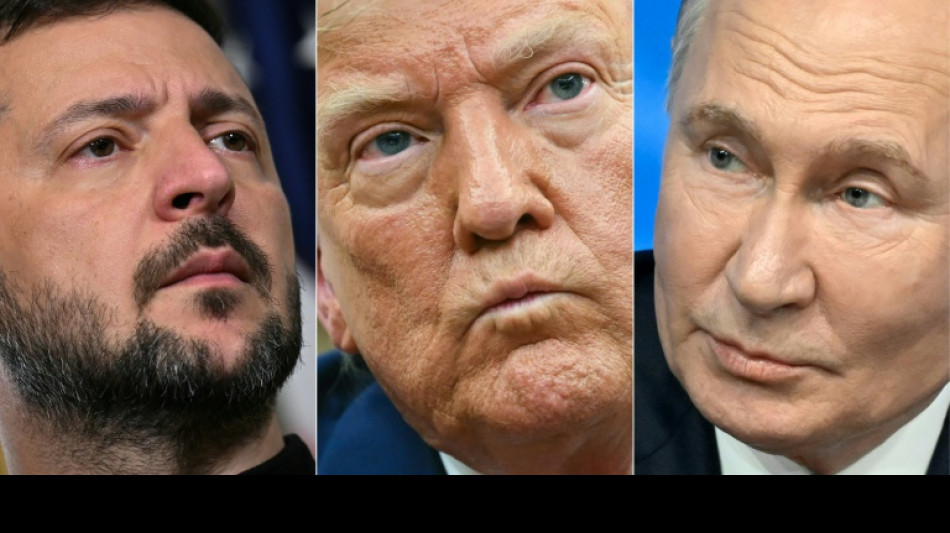
-
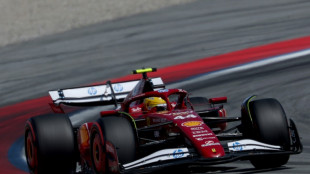 Hamilton targets first Ferrari podium
Hamilton targets first Ferrari podium
-
Piastri outpaces Norris in 'mega' McLaren to grab Spanish GP pole
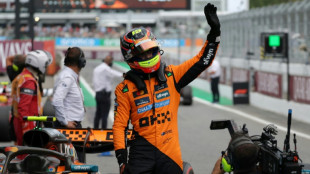
-
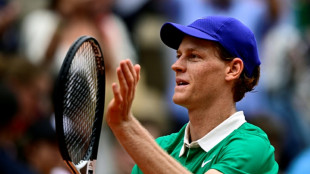 Sinner, Zverev into French Open last 16, Pegula and Andreeva advance
Sinner, Zverev into French Open last 16, Pegula and Andreeva advance
-
Gasperini announces Atalanta departure before Roma move
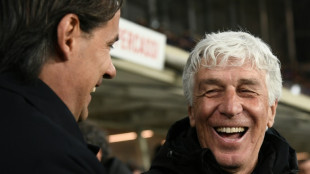
-
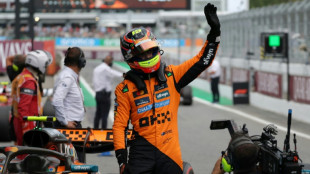 Piastri outpaces Norris to grab Spanish GP pole
Piastri outpaces Norris to grab Spanish GP pole
-
Zverev advances to French Open fourth round
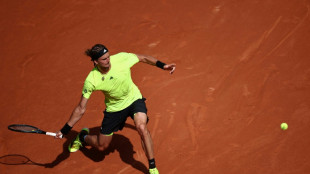
-
 Pegula battles into French Open tie with last home hope Boisson
Pegula battles into French Open tie with last home hope Boisson
-
Clermont boost Top 14 play-off bid with Stade Francais win

-
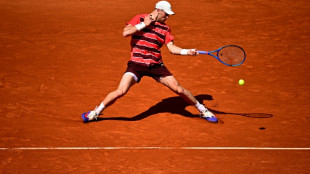 Draper downs Fonseca to reach the French Open last 16
Draper downs Fonseca to reach the French Open last 16
-
Simon Yates on verge of Giro triumph after epic stage 20 effort

-
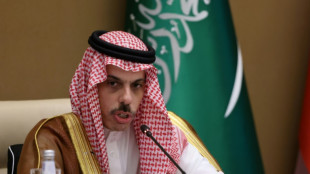 Arab ministers condemn Israel 'ban' on planned West Bank visit
Arab ministers condemn Israel 'ban' on planned West Bank visit
-
Rescuers fan out after Nigeria flooding kills more than 150
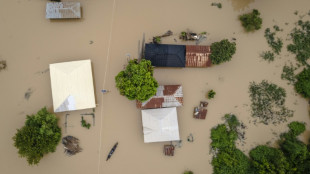
-
 Everton seal permanent deal for Alcaraz
Everton seal permanent deal for Alcaraz
-
Sinner powers into French Open last 16, Pegula and Andreeva advance
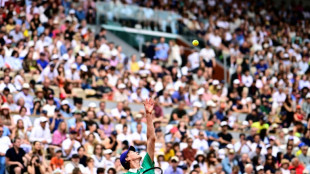
-
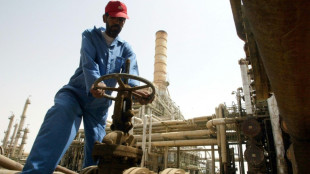 OPEC+ announces sharp increase in July oil production
OPEC+ announces sharp increase in July oil production
-
Ruthless Sinner marches into French Open fourth round
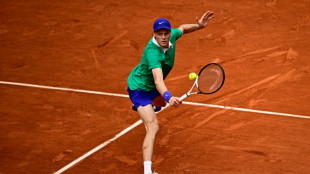
-
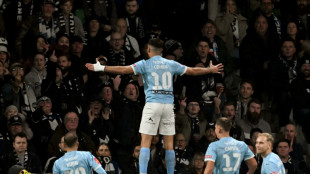 Melbourne City edge crosstown rivals to win A-League title
Melbourne City edge crosstown rivals to win A-League title
-
England's Overton ruled out of West Indies series

-
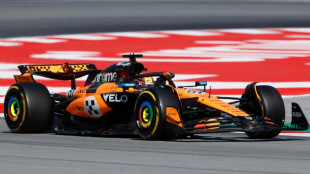 Piastri stays on top ahead of Norris in Spanish GP practice
Piastri stays on top ahead of Norris in Spanish GP practice
-
Heitinga returns to Ajax to take over as coach
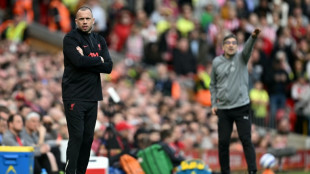
-
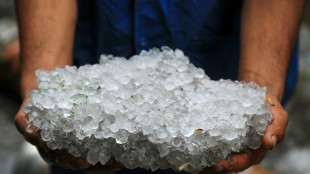 Sudden hailstorm lashes Egypt's Alexandria
Sudden hailstorm lashes Egypt's Alexandria
-
Ukraine expands evacuations in Sumy region amid offensive fears
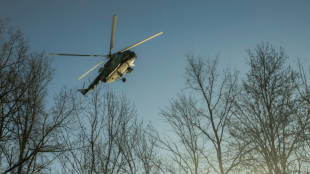
-
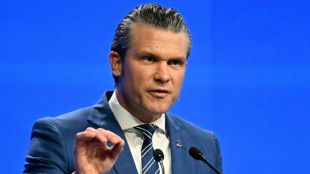 Pentagon chief warns China is 'preparing' to use military force in Asia
Pentagon chief warns China is 'preparing' to use military force in Asia
-
Russian teen Andreeva eases into French Open last 16, to meet Kasatkina
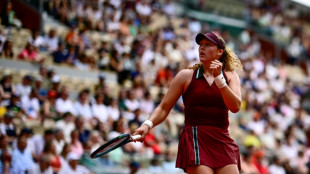
-
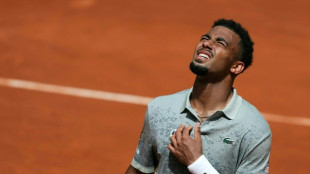 Fils blames back stress fracture for Roland Garros withdrawal
Fils blames back stress fracture for Roland Garros withdrawal
-
Rescue operations underway after Nigeria flooding kills at least 150
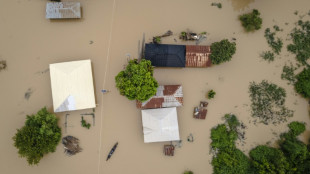
-
 South Koreans rally for presidential hopefuls days before vote
South Koreans rally for presidential hopefuls days before vote
-
India monsoon floods kill five in northeast
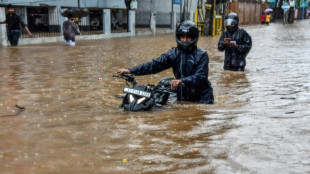
-
 Chinese automakers get stern 'price war' warning after discount spree
Chinese automakers get stern 'price war' warning after discount spree
-
Panama launches maintenance work at contested mine
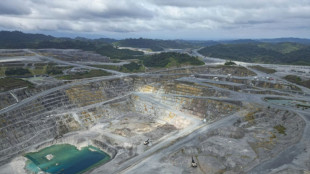
-
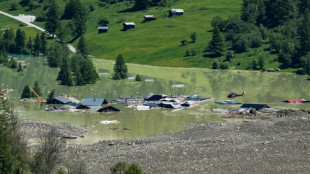 Swiss glacier collapse offers global warning of wider impact
Swiss glacier collapse offers global warning of wider impact
-
Vienna calling: Strauss's 'The Blue Danube' to waltz into outer space
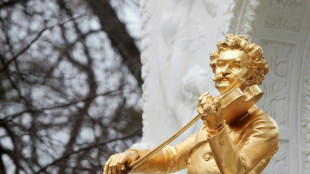
-
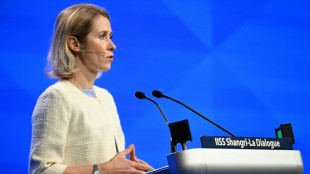 Trump 'tough love' on defence better than no love: EU's Kallas
Trump 'tough love' on defence better than no love: EU's Kallas
-
Mumbai say 'winning mentality' can deliver record sixth IPL title
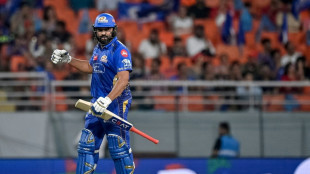
-
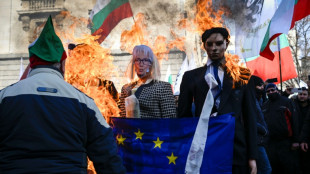 EU member Bulgaria faces protests over adopting the euro
EU member Bulgaria faces protests over adopting the euro
-
South Koreans to rally for presidential hopefuls before vote
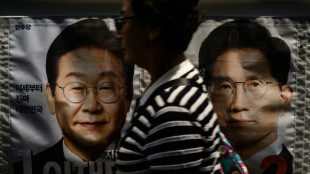
-
 Moroccan women embroider 'art with purpose'
Moroccan women embroider 'art with purpose'
-
Brumbies lament costly loss in pursuit of first Super Rugby title since 2004

-
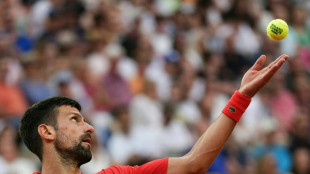 Djokovic, Sinner continue Paris quests as Gauff eyes week two
Djokovic, Sinner continue Paris quests as Gauff eyes week two
-
PSG and Inter Milan set for Champions League final showdown
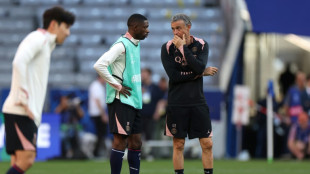
-
 Chevron champ Saigo takes three-shot US Women's Open lead
Chevron champ Saigo takes three-shot US Women's Open lead
-
Pentagon chief warns China 'preparing' to use military force in Asia
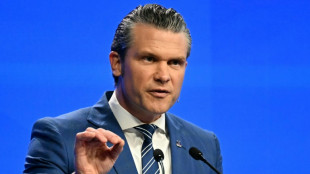
-
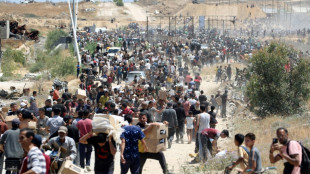 Trump vowed to remake aid. Is Gaza the future?
Trump vowed to remake aid. Is Gaza the future?
-
Moderna Receives U.S. FDA Approval for COVID-19 Vaccine mNEXSPIKE

-
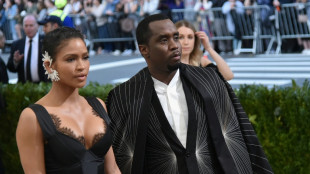 Witness accusing Sean Combs of sexual assault defends online posts of 'great times'
Witness accusing Sean Combs of sexual assault defends online posts of 'great times'
-
Trump says will double steel, aluminum tariffs to 50%
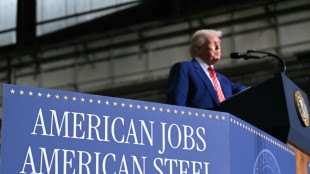
-
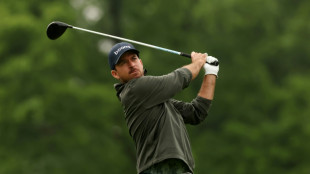 Taylor, Griffin share lead at PGA Tour's Memorial Tournament
Taylor, Griffin share lead at PGA Tour's Memorial Tournament
-
Trump says to double steel tariff to 50%
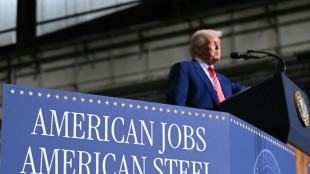
-
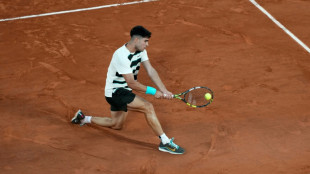 Alcaraz fights into French Open last 16 as Swiatek, Sabalenka progress
Alcaraz fights into French Open last 16 as Swiatek, Sabalenka progress
-
Central Nigeria flooding kill more than 115
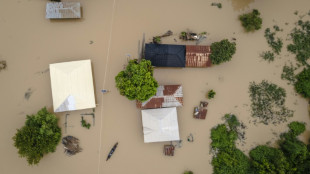

Trump's mixed signals on Russia cloud European strategy
European countries, aiming for deeper economic sanctions to push Russia into a ceasefire in Ukraine, struggle with US President Donald Trump's ambivalent attitude on the issue, analysts say.
Trump has expressed impatience -- accusing Russian President Vladimir Putin of "playing with fire" -- and made threats, but does not seem to follow them up with action, they say.
Diplomatic efforts to end the war, now in its fourth year, have intensified in recent weeks, with Putin being accused of stalling on peace talks.
The Wall Street Journal and CNN both reported that Trump was now considering fresh sanctions against Russia, while stressing that he could still change his mind.
On Wednesday, Trump expressed his frustration with Moscow, but also appeared to kick the can down the road by saying he would determine within "about two weeks" whether Putin was serious about ending the fighting.
As the EU prepares a fresh package of sanctions against Moscow, the bloc's 18th, the chances of coordinated international sanctions, flagged by French President Emmanuel Macron during a visit to Kyiv with the German, British, and Polish leaders on May 10, seem increasingly remote.
- 'Again be disappointed' -
German media reported Tuesday that recent discussions between Europeans and Americans about Russia's evasion of sanctions had failed.
"It seems that European hopes for joint action with the Americans... will once again be disappointed," said the Sueddeutsche Zeitung daily, citing an internal German foreign ministry document about an EU Foreign Affairs Council meeting in Brussels last week.
The document cites EU sanctions envoy David O'Sullivan as saying that transatlantic coordination on Russian sanctions had collapsed. Even G7 cooperation had "lost momentum," the newspaper said in its report based on the document.
Led by Paris, Berlin and London, Europeans are pitting their proactive stance against Washington's apparent passivity, said Sven Biscop, an expert at the Egmont Institute, a Belgian think tank.
When Trump announced direct negotiations with Putin without Kyiv or Brussels, and when Ukraine's future NATO entry was ruled out, "the EU indicated it would continue its process of Ukraine's accession, arm it even after a hypothetical ceasefire, maintain sanctions, and deploy reassurance forces," he noted.
"We deploy our levers but cannot force Trump to use his, or compel Putin to give up the war. We do not have that power," he said.
Phillips O'Brien, strategy expert at the University of St Andrews in Scotland, suspects that European leaders have become victims of "maybe the greatest example of political gaslighting in US foreign policy history".
Despite all Trump's posturing on imposing sanctions on Russia, "he clearly has no intention of doing so", O'Brien said.
Europeans, meanwhile, are in favour of a plan by US Senator Lindsey Graham, who has called for a "secondary" sanctions plan, including a 500-percent tariff on countries importing Russian fossil fuels and raw materials.
- 'What kind of rogue?' -
They hope that a US constitutional provision for a "discharge petition" wins the day, which would allow the sanctions bill to be adopted independently of the executive branch.
This would put Trump at arm's length from any sanctions move, allowing him to remain in a non-committal "mediation position", said a European diplomat who declined to be identified.
This stance confirms a new reality that Europeans are having to navigate: Washington now positions itself halfway between its traditional western European allies and Russia.
This could, down the road, allow Trump to wash his hands of the conflict altogether if negotiations go nowhere -- just like he did on the North Korea issue in 2019, during his first term.
"The question is no longer whether the United States will go rogue but what kind of rogue it will become," said Michael Beckley, a political scientist at the Foreign Policy Research Institute, an American think tank.
"Will it be a reckless, hypernationalist power that lashes out, cuts ties, and pursues limited gain at great long-term cost? Or can it channel its strength into a more strategic posture?", he asked.
On Friday, Macron said that Washington faces a "credibility test" over its response to Russia dragging its feet on a Ukraine ceasefire.
burs-dt-dla/jh/as
Th.Berger--AMWN